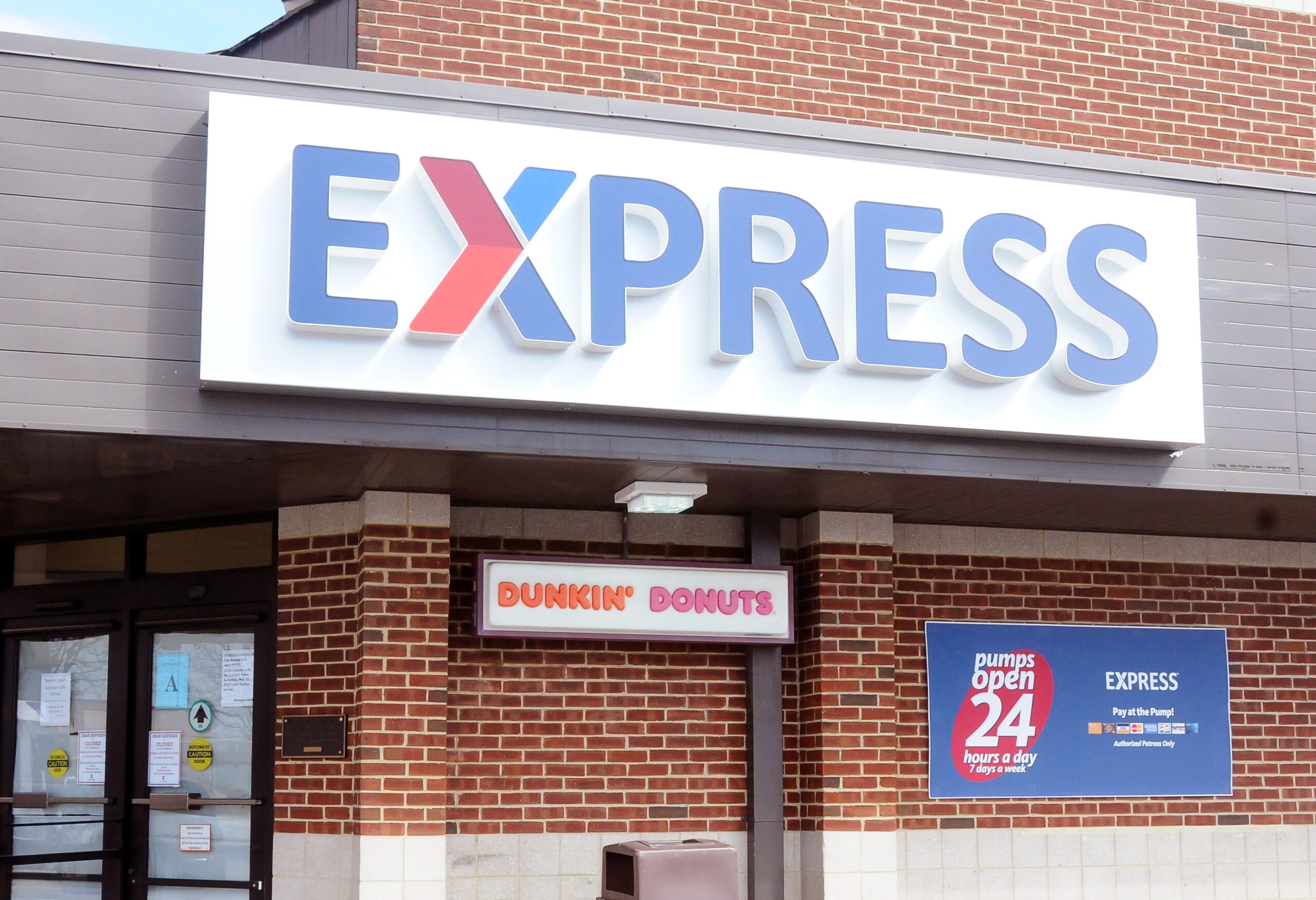

New Year’s Eve is often celebrated with friends, songs, and drinks.
But as soon as the clock strikes midnight in 2024, anyone celebrating on an Army or Air Force base will have to make do with just friends and songs for a few extra hours.
Beginning January 1, buying booze will be off-limits until the morning.
Starting in 2024, AAFES, which runs hundreds of retail outlets on Air Force and Army bases worldwide, will cut the hours it sells alcohol at all of its stores. Beer, wine, and spirits will only be sold between 6 a.m. and 10 p.m. at all Base Exchanges, Shoppettes, Express shops, Class Six, and other stores run by AAFES.
Officials say the goal of the change isn’t punishment for troops or even aimed at reducing bad behavior. Rather, the move is part of a Pentagon-wide effort to implement recommendations made last summer by the Suicide Prevention and Response Independent Review Committee.
The changes will alter the availability of alcohol at about 160 locations worldwide, said Chris Ward, Senior Public Affairs Manager for AAFES.
“Consistent with the Department of Defense’s Suicide Prevention and Response Independent Review Committee’s recommendations, the Army & Air Force Exchange Service is aligning the times alcohol can be sold to be consistent with that of DoD’s other military exchanges,” Ward told Task & Purpose in an email. “The change affects 161 Express, Class Six, and main Exchange stores worldwide.”
About 630 AAFES outlets sell alcohol and spirits, Ward said.
The changes, said Ward, will mostly hit smaller outlets like base shoppettes, gas stations, or Express locations, which stay open later than most large stores like main Exchange locations. A quick check by Task & Purpose of Fort Liberty and Fort Moore on the AAFES store locator site found that most of the AAFES locations on those bases close by 8 p.m., but each base has a smaller location that stays open past midnight, at least on weekends.
Those stores and others like them around the world will still be open after 10 p.m., Ward said. But alcohol won’t be for sale.
The changes will not affect Navy or Marine Corps bases, where booze is already sold during controlled hours. Officials with Naval Exchange Command told Task & Purpose that all NEX stores on Navy bases worldwide have sold alcohol only between 6 a.m. and 10 p.m. since 2013. A spokesperson with MCX, which operates retail outlets on Marine Corps installations, said all their locations also fall under the NEX rules.
The new alcohol policies come after a major Pentagon report on suicide prevention found that alcohol access was a contributing factor to suicide risk. The Suicide Prevention and Response Independent Review Committee, or SPRIRC, studied suicide across the military in 2023, releasing a report in July with 76 recommendations for lifestyle and policy changes across the DoD.
The report cited research that one of every three people who die by suicide in the U.S. is later found to have been “acutely intoxicated.” The report also found that “one-third of service members report binge drinking in the past month and 10% report heavy drinking or binge drinking at least once per week in the past month.” Researchers on the report found during base visits that “junior enlisted service members spoke openly about their own excessive use, including how they recognized their own drinking was problematic… and military law enforcement at every installation told us that excessive alcohol use is involved in most of the on-base incidents to which they respond.”
The Pentagon’s 2022 Annual Report on Suicide in the Military also found that 45% of military members who died by suicide that year had been diagnosed with a behavioral health disorder, which includes alcohol abuse.
Reducing hours of alcohol sales was one of several SPRIRC recommendations on alcohol policies. The others included banning the promotion of alcohol on military property including in-store displays, establishing full-time sobriety programs for those who are arrested for alcohol-related offenses, and increasing the price of alcohol on military bases.
According to Ward, alcohol makes up just under 7% of AAFES sales across all its stores, with less than one percent of that alcohol sold during the soon-to-be dropped overnight hours.
Officials with the Defense Commissary Agency, which runs the commissaries on all military bases, did not provide a comment on alcohol sales at their facilities, but alcohol is not commonly sold at most commissaries. Of the nearly 240 commissaries at U.S. bases worldwide, less than 30 sold alcohol as of August.
A review of commissaries at several major bases listed on the DECA store locator found no commissaries with business hours past 10 p.m.